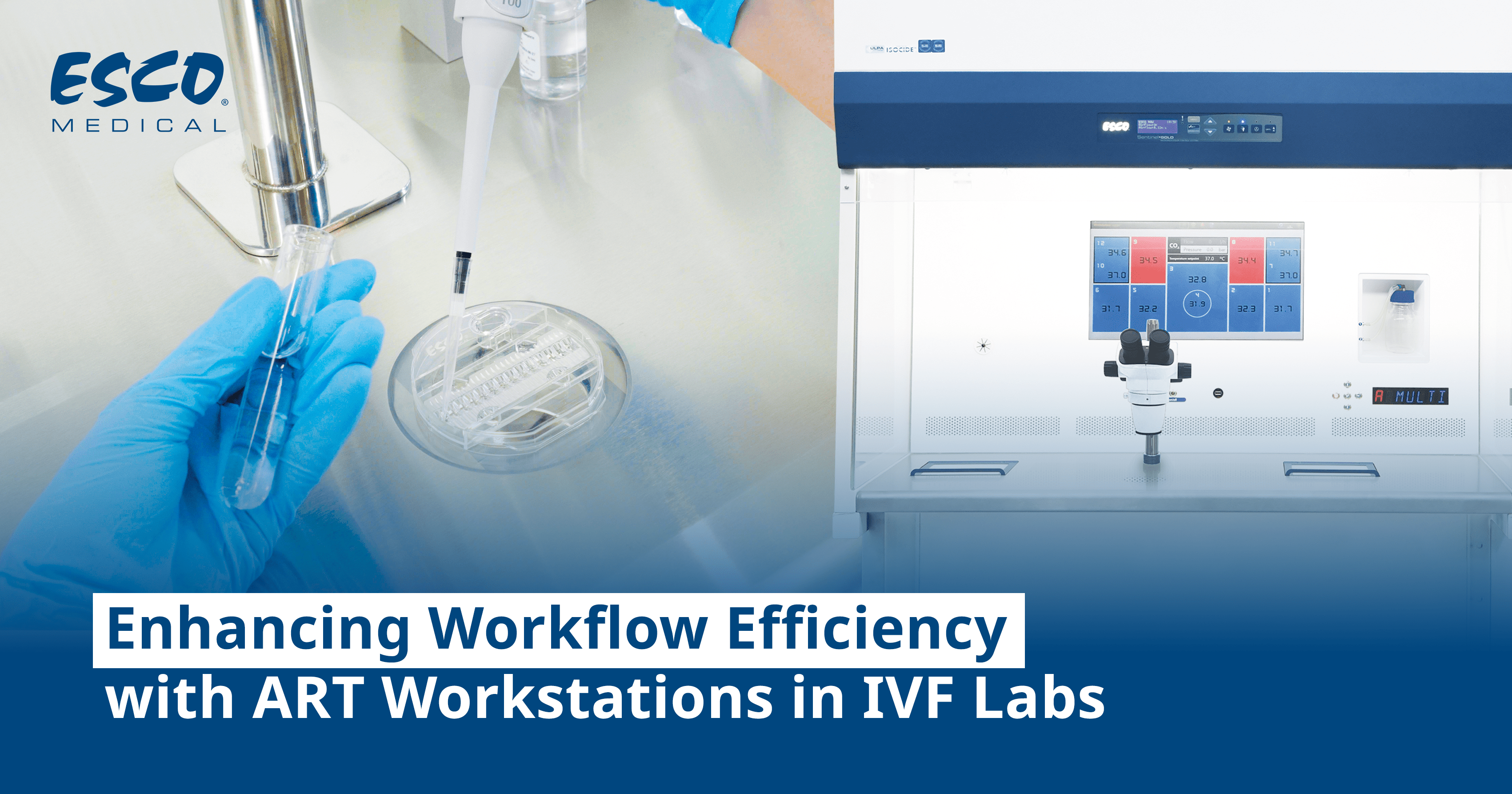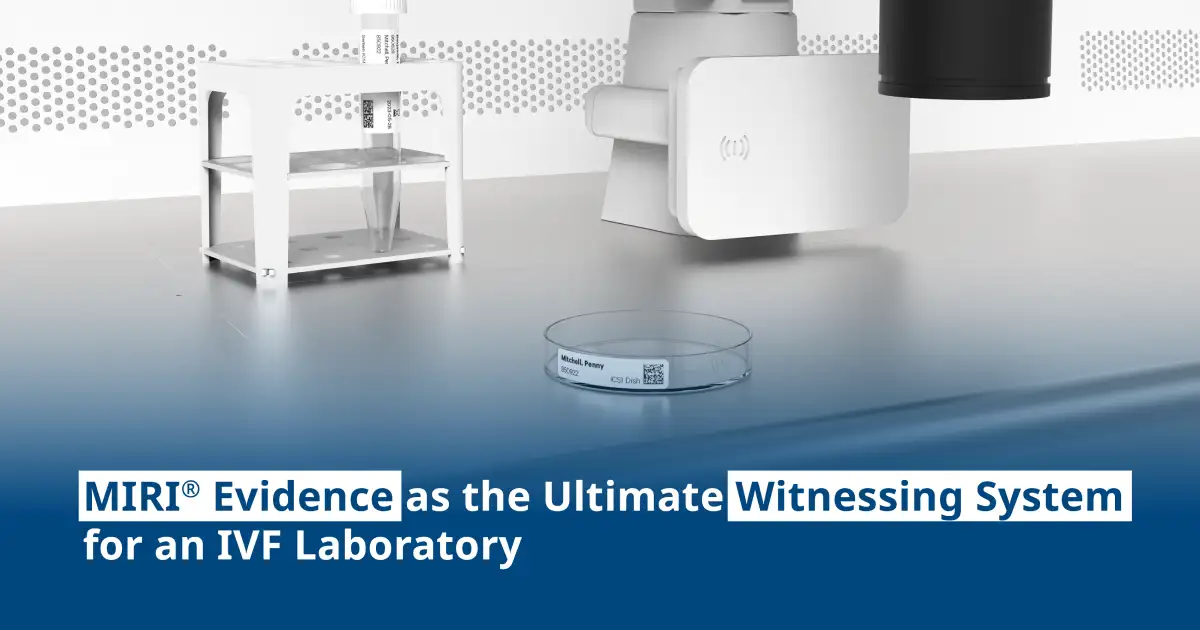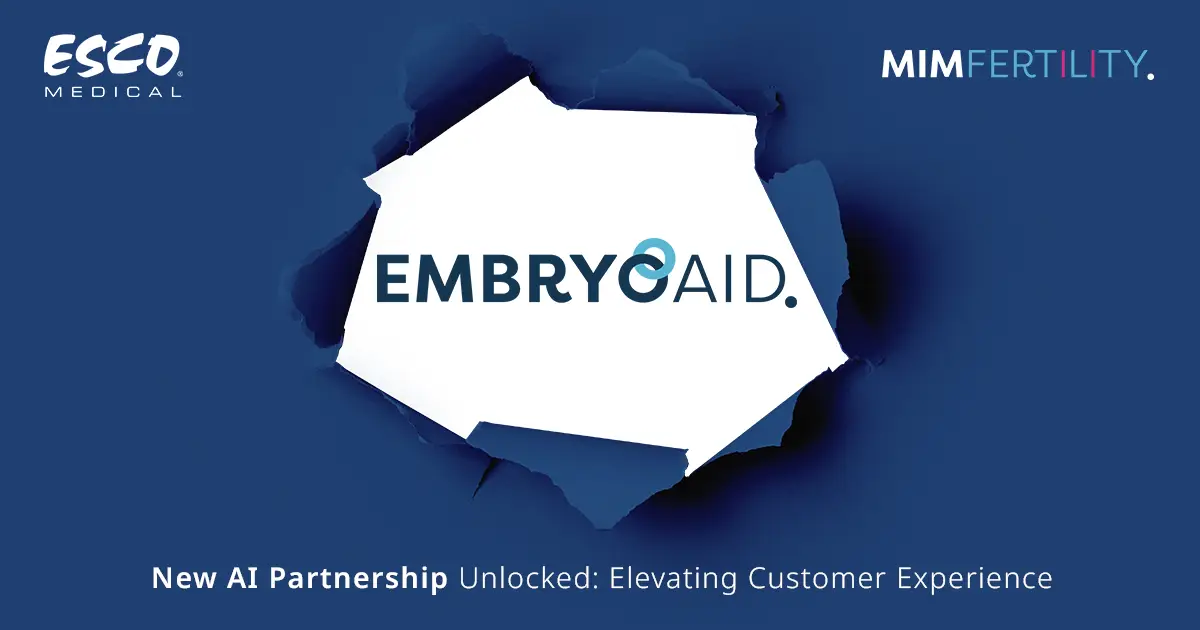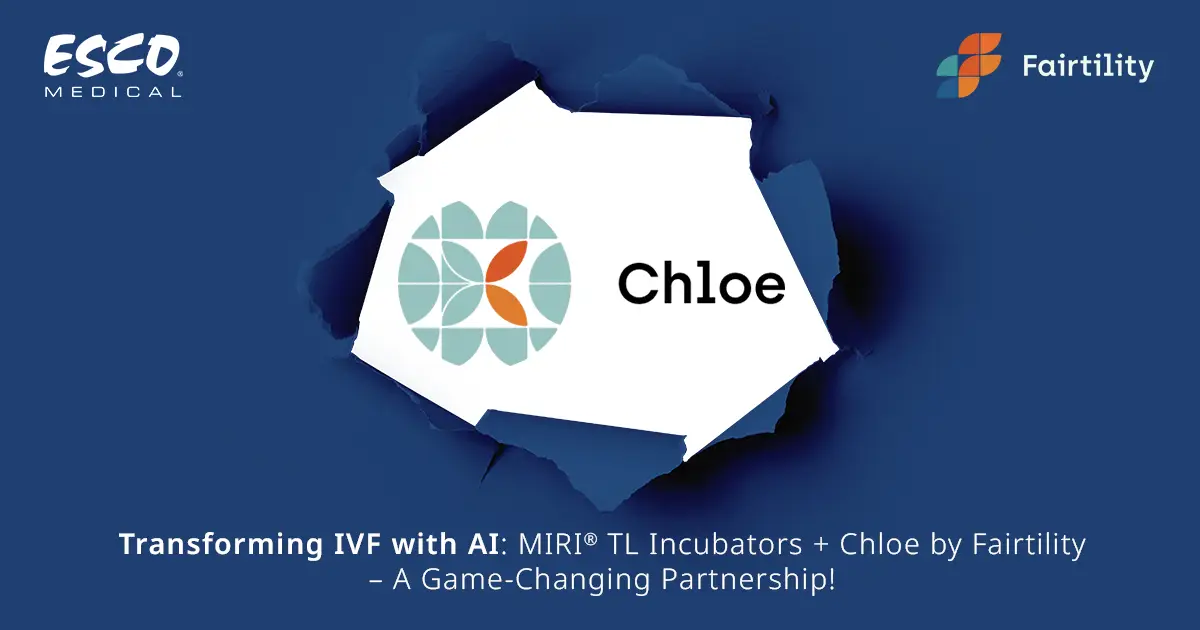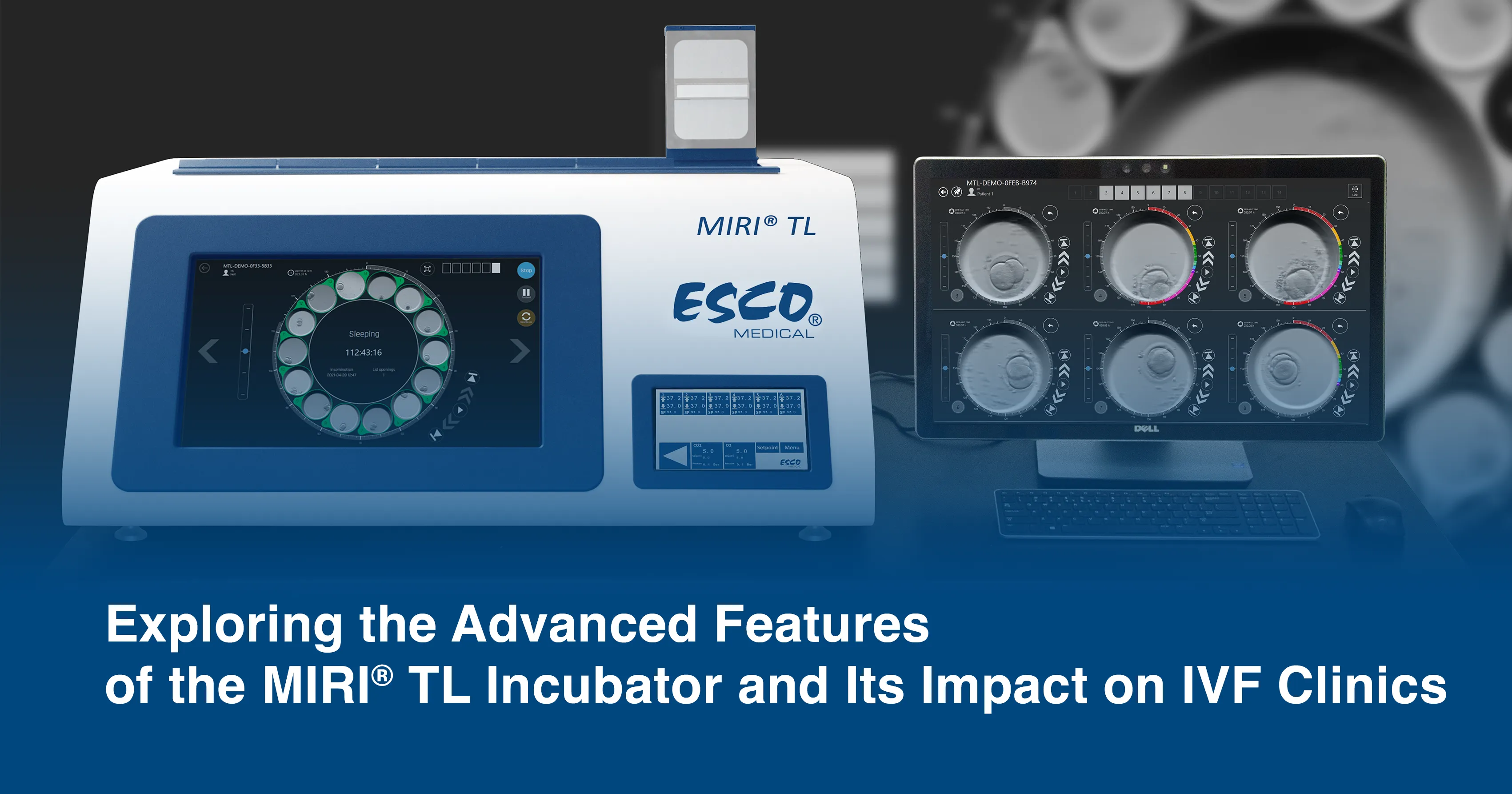Mrs. Lydia Els-Smit is a Registered Medical Biological Scientist in Reproductive Biology who joined Natal Fertility Clinic in November 2019 as a Senior Embryologist with 12 years of clinical experience in human embryology. She completed her training and internship in 2006 at Tygerberg Hospital Reproductive Medicine Unit under the high-impact scientific leadership of Prof. Thinus Kruger, Prof. Roelof Menkveld and Dr. Marie-Lena (Windt) De Beer. She attained her Masters in Health Sciences in Reproductive Biology cum laude (SU) in 2008, studying slow cryopreservation of ovarian tissue for cervical cancer patients with Dr Hennie Botha (Gynaecological Oncology, SU & Tygerberg Hospital). A modified technique was developed, and successful hormonal regain shown after hetero transplantation of the cryopreserved cortical ovarian tissue. Since then, more than 30 cancer patients have stored their ovarian tissue according to this protocol. In addition, Lydia is an active role player in the interest of advancing the profession of embryologists in South Africa. She has served on the SASREG Board for 2 consecutive terms from 2014 till 2019 as SIG Embryology Representative Board member and Executive Board member as Honorary Secretary. She was also part of the SIG Embryology Committee and Chairperson for the term 2016-2019. Currently she serves as an Advisory member of the SIG Embryology Committee and Chair of the SASREG Accreditation Sub-Committee (2020-2023). During her terms, she also worked on workshops at national congresses and promoted the growth of the quarterly SIG CPD events in KZN and Cape Town for continued educational support for embryologists, IVF nurses, and psychologists in the field.
Lydia will be starting her Ph.D. study using the Esco MIRI® Time-Lapse Incubator in 2022. The study will be focused on the investigation of oxidative stress in the infertile couple and exploring antioxidants and microfluidic sperm separation during assisted reproduction as possible interventions to improve embryo morphokinetic development and implantation outcomes.
Oxidative stress (OS), has been proposed as a major contributor to male infertility (Male oxidative stress infertility (Agarwal ET AL., 2019)) as well as in female pathologies i.e. endometriosis (Ferreira ET AL., 2019), but is not part of regular diagnostics. Several lifestyle factors can contribute to OS. Production of reactive oxygen species (ROS) during standard sperm processing can increase sperm DNA damage in predisposed patient samples. Sperm microfluidics has been shown to improve the yield of sperm with high DNA integrity, reducing the risk of recurrent implantation failure or miscarriage (Quinn ET AL., 2017). The study aims to investigate the possible origins and options as reducing strategies to improve embryo development and implantation outcomes for patients with OS, with a focus on the male.
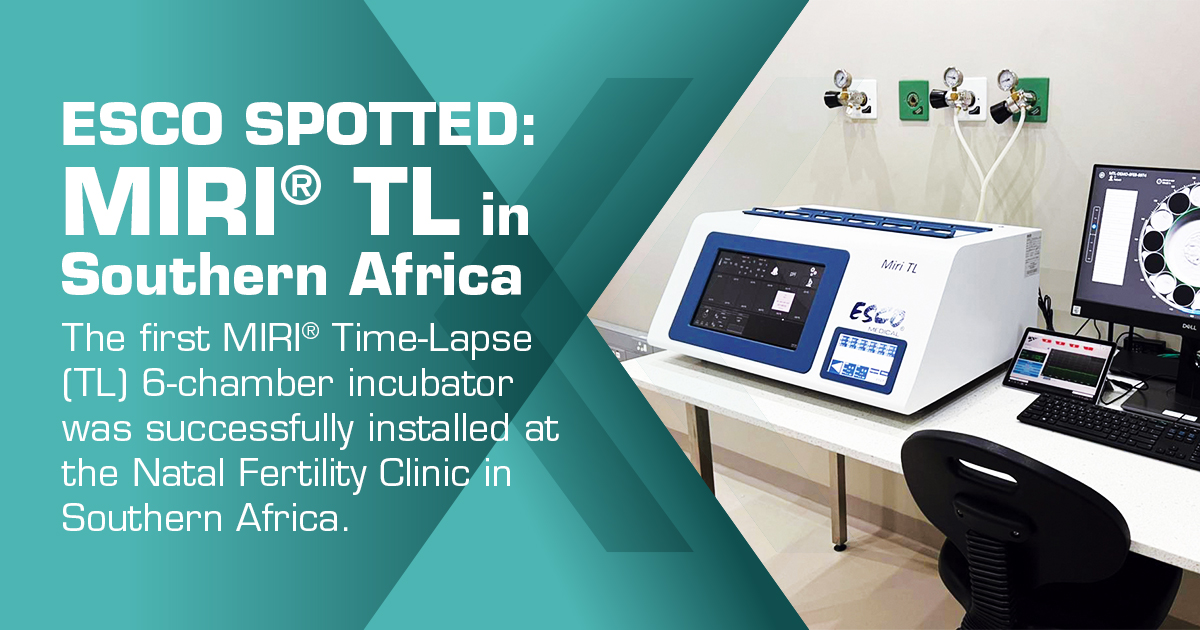
 copy.jpg)
 copy.jpg)
